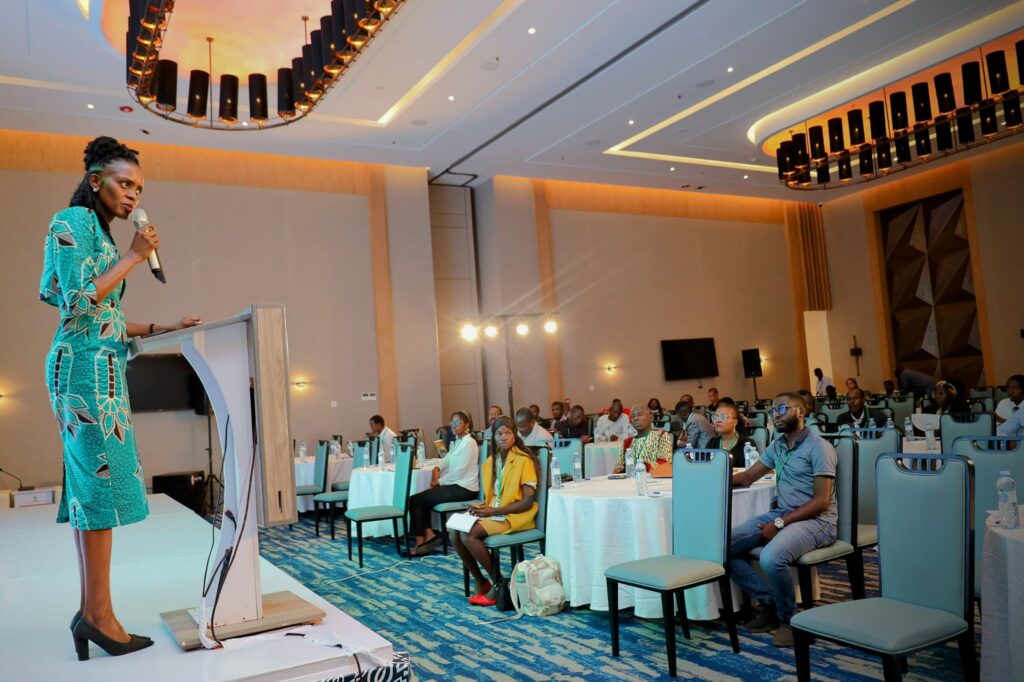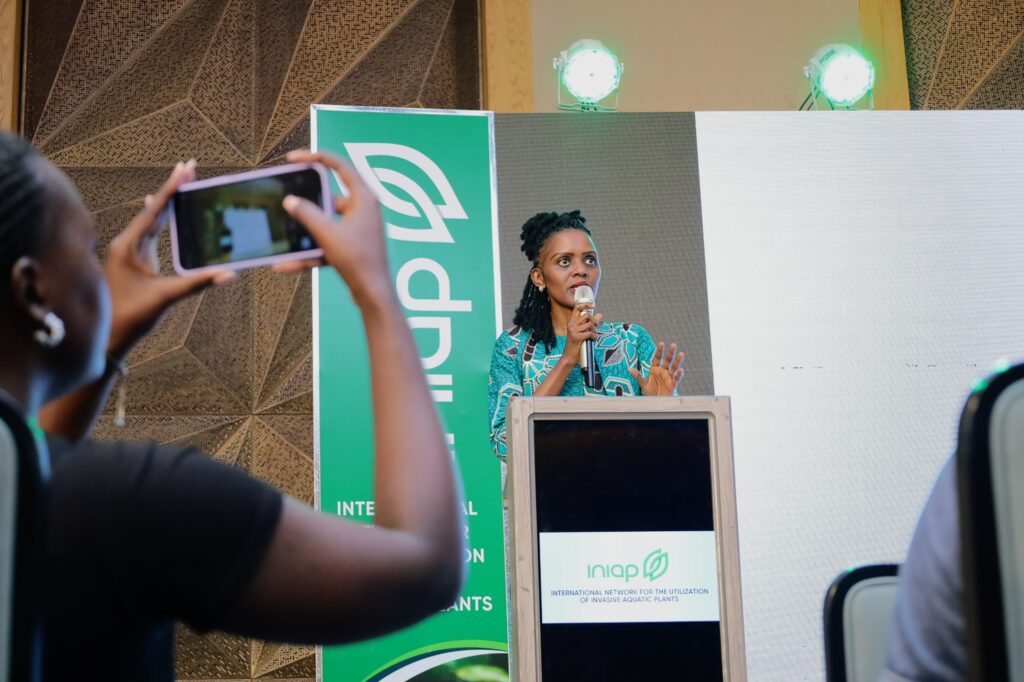
Experts in the clean energy sector have urged Ugandan farmers to think beyond the primary production of crops and livestock and to consider adopting value addition techniques in order to make meaningful profits.
This call was made by Dominic Wanjaihia, a CEO Biogas International Limited during the first ever annual International Network for the Utilization of Invasive Aquatic Plants (INIAP) at the prestigious Four Points by Sheraton Hotel in Kampala, Uganda.
Value addition refers to the process of adding value to agricultural products through methods such as processing, packaging, and branding.
According to Wanjaihia, the traditional model of selling raw agricultural products at low prices is no longer sustainable in today’s competitive market. By adding value to their products, farmers can differentiate themselves from competitors, attract higher paying customers, and increase their profit margins.
“The next billionaires in Africa are farmers, but the only farmer who will make a billion dollar profit is the one making tomato sauce out of tomatoes not the one selling his/ her harvest at 1 dollar to a middle man. The one making Avocado oil out of Avocado fruits is the farmer we are talking about here.” Wanjaihia said adding that many local farmers in Uganda lack access to proper storage and processing facilities, making it difficult for them to add value to their products. Without value addition, farmers are forced to sell their products at a lower price, further decreasing their profit margins.
Wanjaihia shared tips and opportunities sighting that to achieve this, farmers needs across the country need access to clean and affordable energy which can easily be gotten from Water Hyacinth.

“The production of biofuel from Water Hyacinth offering a range of environmental, economic, and social benefits, contributing to a more sustainable and resilient energy system.” He said.
Water hyacinth is an invasive plant species that can rapidly spread and clog waterways, impacting aquatic ecosystems and hindering water transport. By harvesting and utilizing water hyacinth for biofuel production, it helps to control the growth of this plant and mitigate its negative environmental impacts.
Dr. Mary Suzan Abbo, the Executive Director of the Centre for Research in Energy and Energy Conservation (CREEC) hailed the participants for bringing to life such insightful information.
She noted that this conference was organized to brought together experts, researchers, policymakers, and stakeholders from various disciplines to discuss the challenges and opportunities associated with invasive aquatic plants.

Abbo presided over the lunched the International Network for the Utilization of Invasive Aquatic Plants (INIAP), an organization aims to champion the developing of sustainable solutions for managing and utilizing invasive aquatic plants in ways that benefit both the environment and local communities.
The organization will work to promote the responsible utilization of invasive aquatic plants for economic, social, and environmental purposes, while also raising awareness about the importance of managing these species to protect ecosystems and biodiversity. Through its work, INAP seeks to foster partnerships and knowledge exchange to advance best practices for the sustainable utilization of invasive aquatic plants on a global scale.
